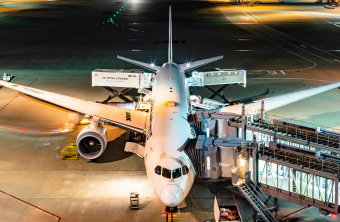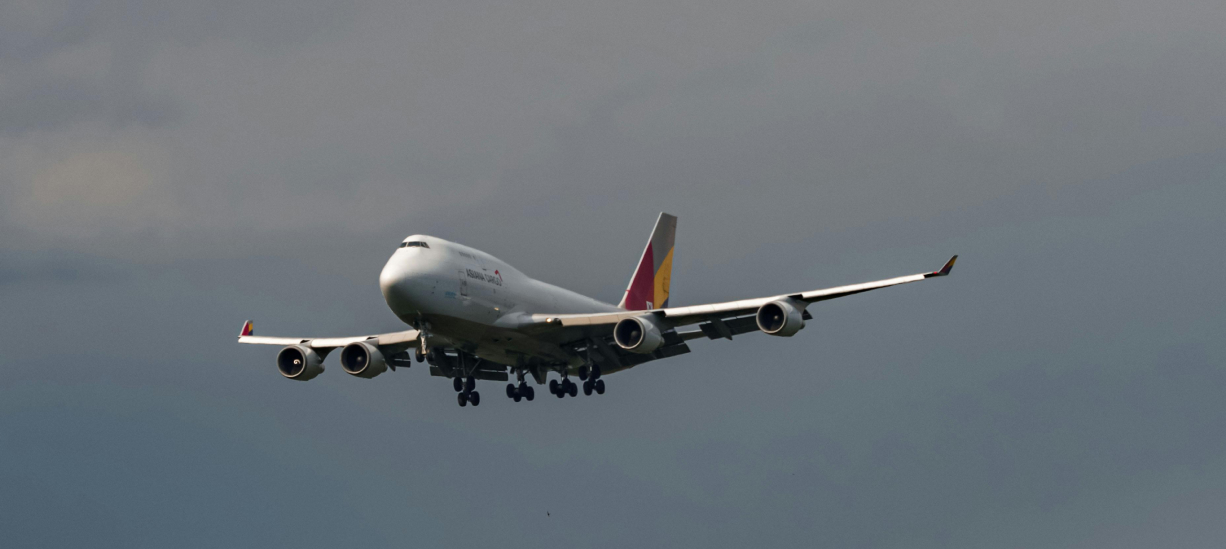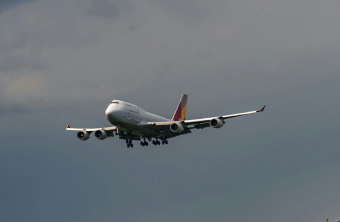

In the competitive and high-stakes world of aerospace manufacturing, maintaining the highest standards of quality and safety is paramount. Recently, Boeing found itself under intense scrutiny following a comprehensive six-week review by the Federal Aviation Administration (FAA). The audit, which assessed the manufacturing processes for the 737 Max jetliner, revealed significant areas for improvement, casting a spotlight on the need for stringent compliance and procedural adherence within the company.
Following the FAA’s findings, Boeing has pledged to enact sweeping changes to address the identified shortcomings. Stan Deal, President of Boeing’s commercial plane division, detailed the company’s response in a memo to employees, emphasizing a commitment to working closely with those found to have deviated from established manufacturing protocols. This collaborative approach aims to enhance understanding of job instructions and reinforce the importance of adhering to approved procedures.
The FAA’s audit highlighted 33 failures out of 89 reviewed aspects of production at Boeing’s Renton, Washington plant. A significant portion of these violations involved workers not following Boeing’s sanctioned procedures, underscoring a crucial area for immediate attention and corrective action.
In response to the audit’s findings, Boeing is taking proactive steps to fortify its compliance measures. The introduction of weekly compliance checks for all work teams at the Renton factory represents a tangible move towards ensuring ongoing adherence to quality standards. Moreover, Boeing is committed to simplifying and streamlining its processes to facilitate easier compliance and enhance safety protocols—a move prompted by recommendations from a panel of government and industry experts.


The urgency of these improvements was underscored by an incident involving an Alaska Airlines flight, where a door-plug panel detached from the jet mid-flight. The preceding day’s events, which saw the airline decide against grounding the plane despite a warning light related to the aircraft’s pressurization system, have drawn criticism and raised questions about maintenance decision-making and safety prioritization.
Beyond the FAA and NTSB investigations, Boeing is also contending with a Justice Department probe into whether its recent issues violate the terms of a 2021 settlement intended to avoid criminal prosecution following the tragic crashes of two Max jets. These ongoing challenges highlight the importance of rigorous quality control and transparent, effective responses to safety concerns.
Despite these hurdles, Boeing reported orders for 15 jetliners and the delivery of 27 planes in February, signaling continued operations amid increased scrutiny. However, the pace of deliveries, described as “anemic” by industry analysts, points to the broader impact of the FAA’s findings on Boeing’s production timeline and its competition with Airbus.
As Boeing navigates through these turbulent times, the company’s resolve to bolster its manufacturing practices and enhance safety measures is clear. The steps being taken to address the FAA’s audit findings and implement necessary corrections are pivotal in reaffirming Boeing’s dedication to quality and safety. In doing so, Boeing not only seeks to regain trust and confidence from its customers and the flying public but also to solidify its standing as a leader in aerospace innovation and reliability.
The path ahead for Boeing is one of rigorous self-assessment and continuous improvement. By embracing these challenges as opportunities for growth, Boeing aims to emerge stronger, more resilient, and more committed than ever to upholding the highest standards of excellence in aerospace manufacturing.